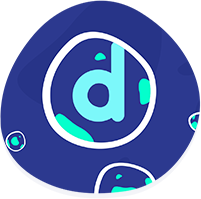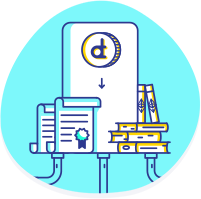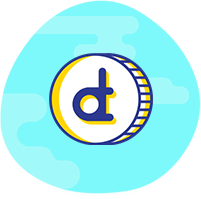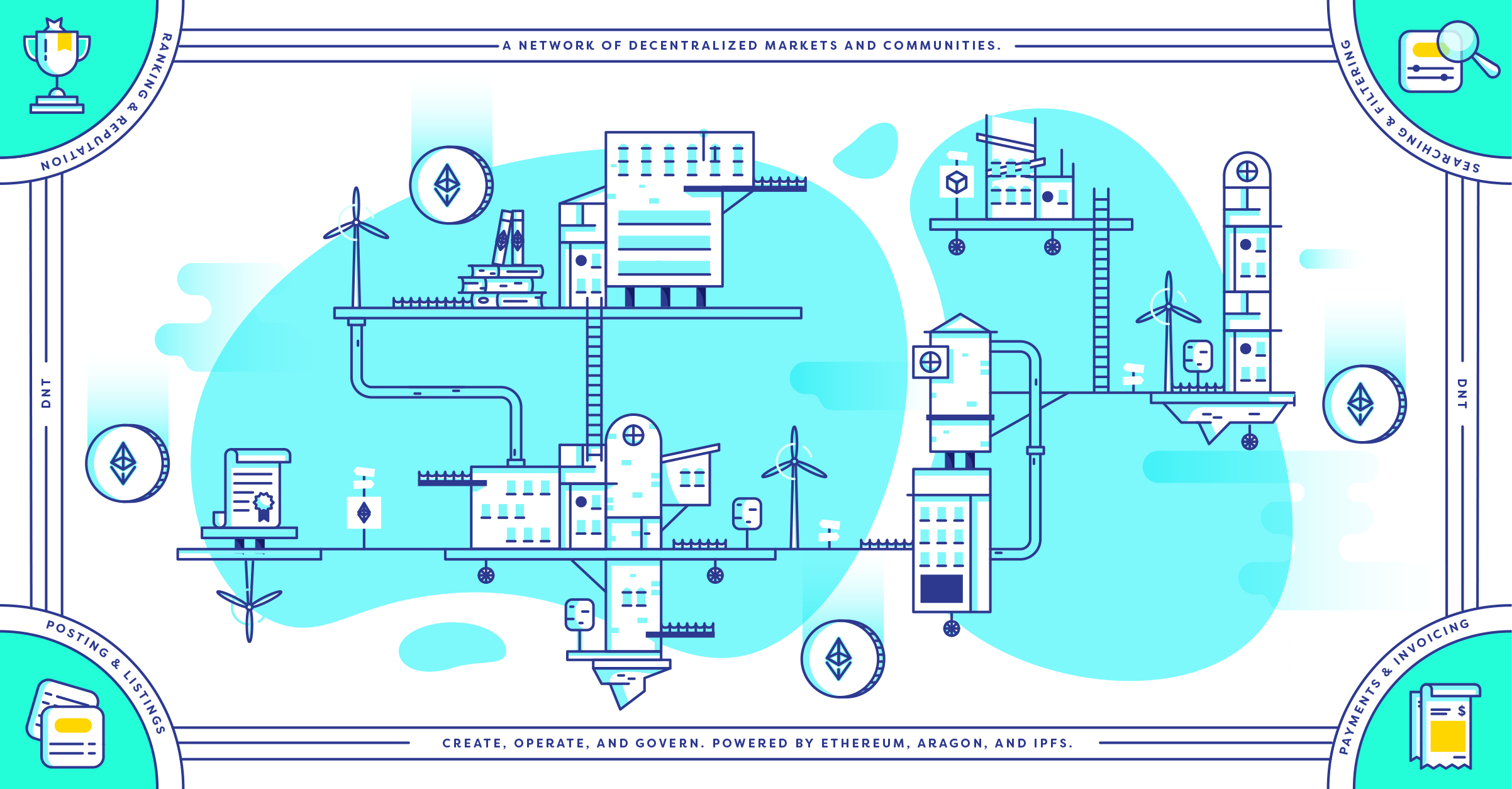
We interact with and consume numerous online business and marketplaces on a daily basis. Markets like Amazon, eBay and Etsy enable independent sellers and vendors to connect with buyers all over the world. Service marketplaces like Fiverr, Upwork, and TaskRabbit foster the unprecedented growth of freelance work and micro-tasks. Furthermore, with the advent of the sharing economy, companies such as Uber & Airbnb are bringing the power of user networks at the forefront, resulting in improved user experiences.
But providing a service or running a marketplace online has costs. Companies recoup their costs (and make a profit) by charging their users fees. Fees can vary depending on the company and product category but are ultimately up to the sole discretion of the organization. These businesses can change their internal fee structure as they wish, oftentimes resulting in an ever-changing fee structure that hurts buyers and sellers alike.
In addition to fees, companies also collect data on their users. Because most commerce on these platforms is conducted with payment methods that require identification, companies build extensive personal profiles about individual users – harvesting valuable data in the process. This information; however, is not passed on to the end user. As a result, there is no sure way to know who is behind an “anonymous” username, and no easy way to identify previous transactions. This results in vulnerable user data ripe for exploitation and growing amounts of online marketplace fraud.
Since these platforms are centrally controlled, they may restrict trade and/or ban users they deem morally objectionable, politically incorrect, or represent a threat to their own business.
In short, it’s huge corporations, institutions and businesses have controlled the decision-making process and shaped our future, leading to many questions where online marketplaces can go from here.
But what if we could recreate the internet’s most popular applications and services while eliminating centralized control, unnecessary fees, one-way decision-making, and the sale of personal data?
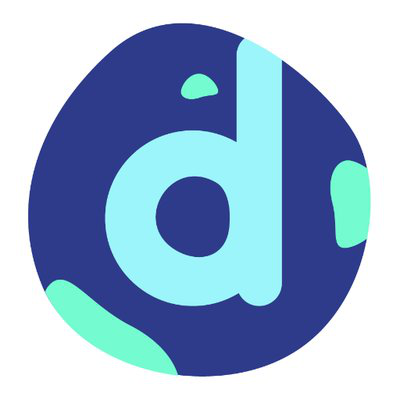
Enter district0x
At district0x we’re building a fundamentally new model for online commerce by creating a network of marketplaces and communities that function as decentralized, autonomous organizations. We’re also building the tools which allow non-technical users to create their own organizations, gain or administer voting rights, and usher in new means of self-coordination.
The technology powering district0x is built for the community, everyday users with no corporate interests attached to it. With a functioning autonomous economy of service providers, the people supplying and consuming services can and will be able to freely govern the platforms/markets they use without paying fees to a central third-party.
Instead, users get to engage directly with one another, retain complete control over their privacy and data, and make their own rules.
In short, we remove the need for a traditional business entity.
What Is A District?
Districts are decentralized marketplaces on the district0x Network. Virtually ANY type of marketplace that exists today could be re-built as a district on the district0x network.
Each district has a few core functionalities:
- Searching & filtering
- Posting & listings
- Ranking & reputation
- Payments & invoicing
Under the hood, each district is built upon a standard open source framework comprised of Ethereum smart contracts and front-end libraries, referred to as d0xINFRA.
To learn more about d0xINFRA and how these districts are composed, click here
Districts look completely unique from one another. The technology powering the creation of districts (d0xINFRA) does not dictate the visual side of things, which means the designs are completely up to the creator of the district, or the community that uses it. Districts are intended to be extendable and open via the use of auxiliary modules (think of these as “plug-ins”) which improve functionality and create unique features.
For a simple analogy, think of district0x like the app store, a network which houses various applications. Think of the districts as the apps – individual marketplaces created by the community, for the community.
District Creation Platform
The district0x Network will ultimately be comprised of global marketplaces and hyperlocal communities alike. The district creation platform will provide users with an easy to use interface to design and deploy their own districts to the district0x Network.
The district creation platform will provide a way to customize the parameters of the smart contracts powering a district and will offer numerous UI options to support a wide variety of markets and communities.
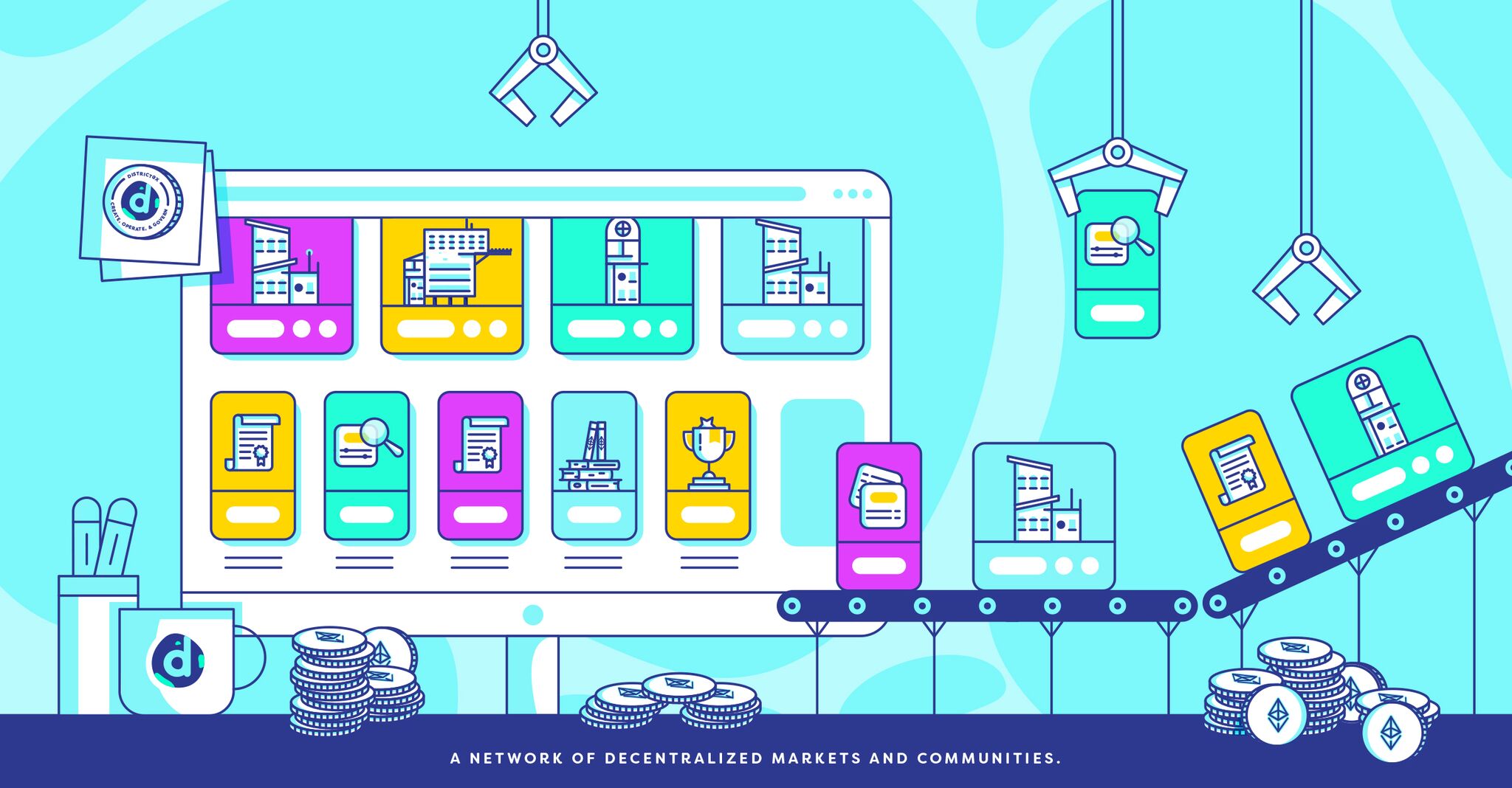
An Example Of How A District Works
By way of the DNT token, we’ve created a utility which provides a unit of account of representation or “vote share” in a particular marketplace’s public entity. Token holders can stake any amount of their DNT tokens into a district in order to receive governance (voting) rights and can vote to make any proposed changes.
To learn more about DNT and how the token is used in our network, click here
Let’s breakdown an eBay transaction. There is a buyer fee, and a seller fee. In addition, there is a fee charged by PayPal or the merchant services company as part of the transaction. These fees are collected by the respective companies. Revenues and the use of those funds are then dictated by the corporation (not its users).
Let’s say a user wanted to create the same business as a district on the district0x network (effectively the decentralized version of eBay). The fees (if any) collected from the transaction from the buyers/sellers would be determined by the users. This could be 0, or it could be a fee that is determined from a vote. If it were voted that fees were to be collected from a network, in the case of Ethereum (and ERC20 tokens) – the collected fees would accumulate to a public pool and disbursement of those fees can be dictated by a user-governed smart contract.
To learn more about smart contracts, click here
In short – users can vote on how/where/when the fees are used – i.e. for development, marketing, growth, infrastructure improvements, and more. This gives motivation and incentive for the user to participate in the governance of the networks in which they use.
The end result means the decentralized version of eBay on district0x Network is able render services at the lowest marginal cost to the end user. As a result from voting and self-governance, the users/participants reap the benefits and positive effects they bring to that network.
Are There Any Districts Live?
An example of a district in action is Ethlance. Ethlance is a decentralized job market where freelancers and employers can connect, making it easy to find, hire, and retain talent. The only fees are the cost of gas to use ethereum. Otherwise is it fee to list a job or get hired.
Another district on the district0x network is Name Bazaar, a peer-to-peer marketplace for the exchange of names registered via the Ethereum Name Service. Name Bazaar offers trustless and secure peer-to-peer name trading with no added fees for the buyers and sellers, this means all actions take place on the public Ethereum blockchain without a middle-man.
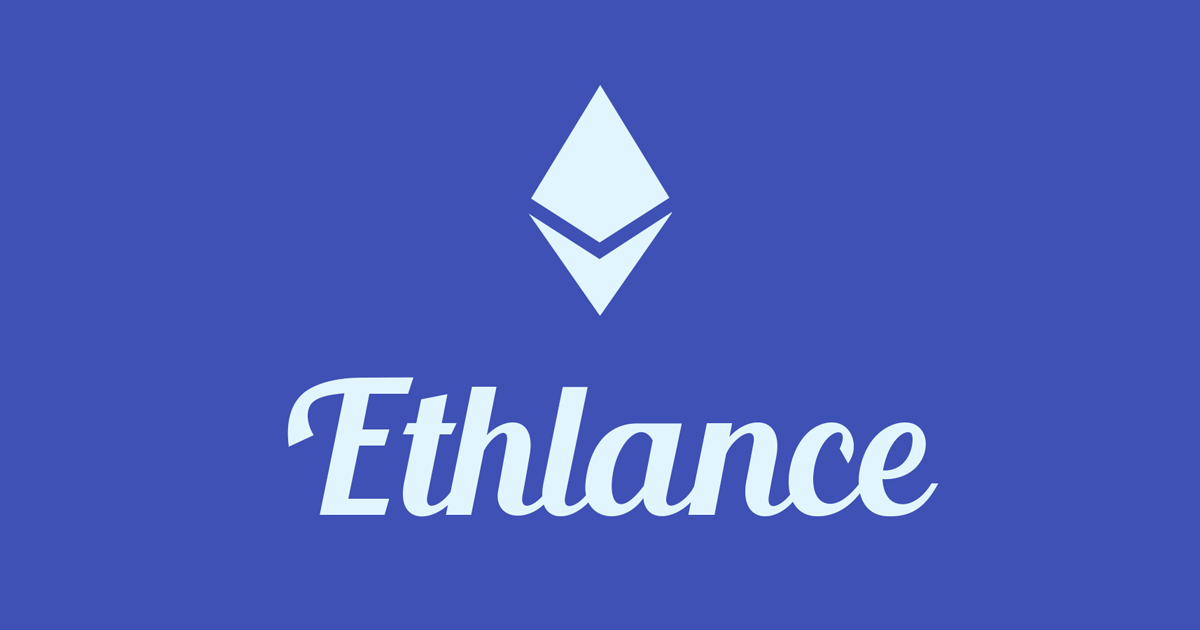
What Makes Decentralized Marketplaces So Disruptive?
Decentralized marketplaces can redistribute value to the people who actually contribute the most value in the network. Uber and Airbnb wouldn’t be here today if it wasn’t for the first batch of drivers/hosts, but those early drivers/hosts got nothing in exchange while the early employees, investors and founders got filthy rich. These economics yield a “better than free” business model that incentivizes people to use a platform that rewards early participants in the network.
Decentralized marketplaces remove the idle middlemen that provide no unique or substantive value-add to the end user. As a result, this lowers the cost of transacting on the platform for customers and service providers, a revolutionary new business model that allows fees to decrease virtually down to zero.
Perhaps the most disruption comes from the use of the blockchain. Blockchain technology enables resistance to censorship from both the decision makers of centralized marketplaces (who can pick and choose who is welcome on their platforms), but also from governments which can ban certain types of marketplaces from existing or functioning. Marketplaces powered by the blockchain are instantly global. This yields a massive advantage over anyone who attempts to create a centralized marketplace and has to wade through the local laws and banking regulations for each and every jurisdiction in the world where they wish to operate. Payments via digital blockchain-based currencies like Bitcoin or Ether make money transfer fast and easy; and most importantly, not subject to fees, banking restrictions, and conversion rates.


